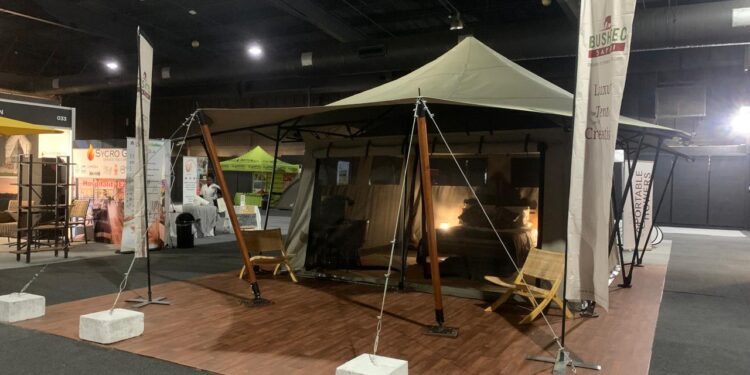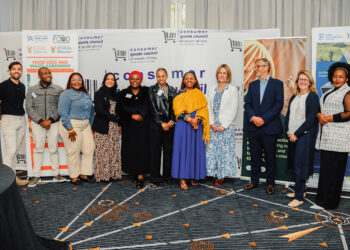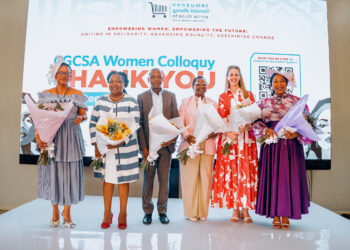Experts at Glamping Expo Africa Push for Sustainability and Local Involvement
As glamping continues to gain popularity across Africa, experts at the inaugural Glamping Expo Africa, held June 20-21, 2025, at Nasrec in Johannesburg, are raising concerns that without careful planning, the pristine environments that attract luxury campers could be at serious risk.
During a keynote panel titled “Eco-Friendly Glamping: Sustainable Practices and Green Technology,” stakeholders from conservation organizations, academia, and industry came together to discuss how to build a tourism model that both uplifts local communities and protects natural environments.
Siphelele Luthuli, Senior Marketing Manager at Ezemvelo KZN Wildlife, emphasized the critical need for education and environmental stewardship. “We create these beautiful trails and experiences, but if travelers aren’t environmentally conscious, we risk damaging the very ecosystems we’re trying to showcase,” she explained. Luthuli advocated for stronger local community involvement and authentic storytelling to instill eco-awareness in both tourists and residents.
Panel moderator Jillian Blackbeard, CEO of Africa’s Eden, described overtourism as reaching “pandemic” levels, warning that unchecked growth could permanently undermine popular destinations like Cape Town and Victoria Falls. “Glamping presents a unique opportunity to distribute visitors to lesser-known, underutilized areas,” Blackbeard noted. “This approach not only supports rural economies but also helps protect our high-traffic conservation zones from further degradation.”
Dr. Lombuso Shabalala of the University of South Africa (UNISA) made a compelling case for integrating indigenous practices and community-based traditional knowledge into modern glamping operations. “True innovation must be grounded in tradition,” Dr. Shabalala argued. “We must meaningfully include the people who have lived sustainably with these lands for generations—they are our greatest teachers.”
Representing the construction and hospitality sectors, Frans Vermaas of Canvas and Tent outlined how their company’s approach actively incorporates local materials, skills development, and circular design principles. “Every tent we construct becomes an opportunity to train local craftspeople and create lasting positive impact in the community,” Vermaas explained. “It’s about building capacity, not just structures.”
Despite these ongoing sustainability efforts, all panelists agreed that significantly more work is needed to raise awareness about glamping’s potential benefits and establish industry-wide best practices. Dr. Shabalala particularly emphasized the importance of education: “This isn’t just about students passing tourism exams—it’s about nurturing the next generation of environmental custodians who will protect our natural heritage.”
The panel concluded with a unified call for regenerative tourism—travel experiences that actively restore ecosystems while uplifting host communities economically and culturally. “This isn’t simply the latest industry trend,” Luthuli emphasized in her closing remarks. “Regenerative, community-centered tourism is the only viable path forward if we want to preserve Africa’s natural wonders for future generations.”
The first Glamping Expo Africa brought together industry leaders, conservationists, and community representatives to chart a sustainable future for luxury outdoor tourism across the continent.
















